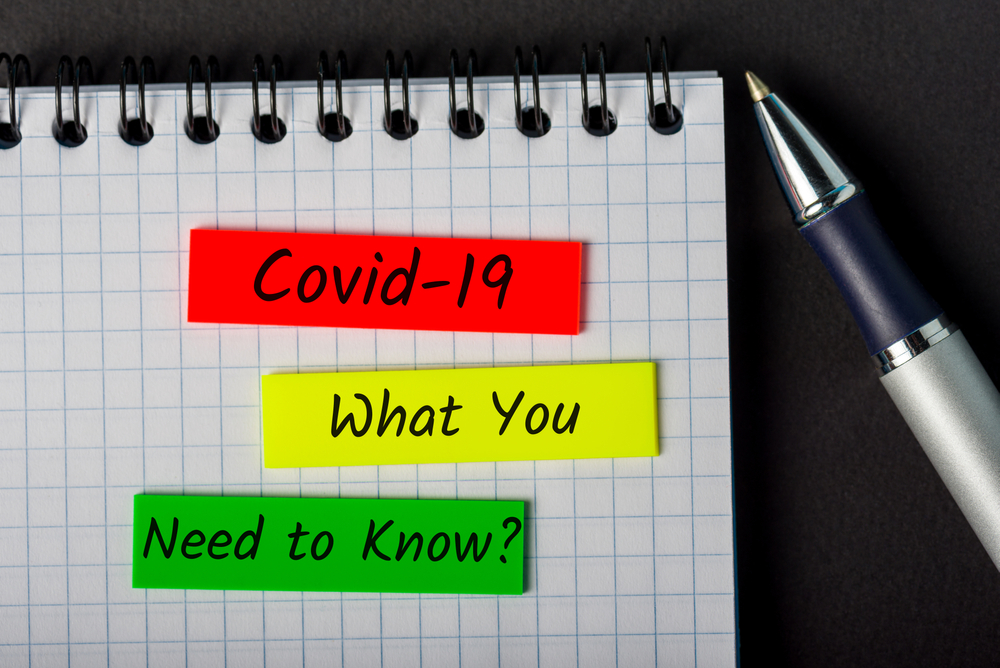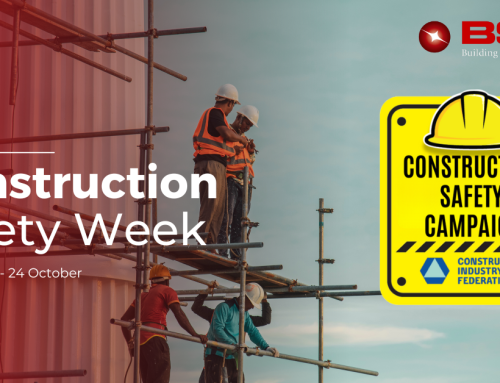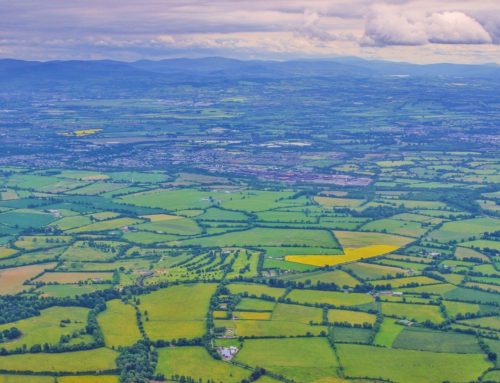What to do if you think you are at risk of Covid-19:
If, in the past 14 days, an individual has:
- travelled to Ireland from any of the identified badly affected countries:
- China
- Hong Kong
- Singapore
- South Korea
- Iran
- Japan
- Italy
- Spain
- Uk
- Any other infected area
- been in contact with a person who has Covid-19, or
- attended a hospital/healthcare facility where patients with Covid-19 are being treated
If you are not feeling well:
If you have been to one of the places listed above in the last 14 days and you are not feeling well, check if you have symptoms of COVID-19 (Coronavirus).
These are:
- fever (high temperature)
- cough
- difficulty breathing
If you do have symptoms of COVID-19 (Coronavirus), you should phone your doctor or emergency department (ED) immediately.
Do not visit a doctor or ED – phone them first. This is so you do not accidently put other people at risk. If you do not have a doctor, phone 112 or 999.
Tell them about your symptoms. Let them know you have been to a country or region with a spread of COVID-19 (Coronavirus).
If your doctor thinks that you need to be tested, they will tell you where the test will be done. They will also tell you when to expect results.
Avoid contact with other people by self isolating.
Call BSS on 01 7071012 or call your recruiter directly to let them know.
If you are feeling well:
If you have been to one of the places listed above and are feeling well, carry on with your normal routine, but call the BSS office on 01 707012 before returning to site.
Follow the advice on how to protect yourself from Covid-19 (Coronavirus) and other infection such as flu.
Avoid spending time with people that are ill with a cough, high temperature, or breathing problems.
If you develop symptoms of Covid-19 (Coronavirus):
- avoid contact with people by self-isolating
- phone your doctor or emergency department
- tell them your symptoms and let them know you have been to a country or region with a spread of COVID-19
- call BSS on 01 7071012 or call your recruiter directly to let them know
If you think you have been in contact with a confirmed case of COVID-19 (Coronavirus)
Visit www.hse.ie if you think you have been:
- in contact with someone confirmed as having Covid-19 (Coronavirus)
- to a healthcare facility in another country where COVID-19 (Coronavirus) patients are being treated.
You will be put in contact with your local Department of Public Health staff who will give you information and advice.
If you develop symptoms of COVID-19 (Coronavirus), avoid contact with people by self-isolating and phone your doctor or emergency department.
Symptoms:
It can take 14 days for symptoms for Covid-19 (Coronavirus) to show.
Symptoms of the virus include:
- a cough
- shortness of breath
- breathing difficulties
- fever (high temperature)
How Covid-19 Spreads:
- directly, through contact with an infected person’s body fluids (for example, droplets from coughing or sneezing)
- indirectly, through contact with surfaces that an infected person has coughed or sneezed on and which are, therefore, contaminated with the virus.
As it is a new virus we do not know how easily the virus spreads from person to person. We do not know if someone can spread the virus before they show symptoms.
The virus may only survive a few hours if someone who has it coughs or sneezes on a surface. Simple household disinfectants can kill the virus on surfaces. Clean the surface first and then use the disinfectant.
Covid-19 (Coronavirus) is spread through close contact with an infected person. A close contact involves either face-to-face contact or spending more than 15 minutes within 2 metres of an infected person. Close contact does not include someone you passed on the street or in a shop. The risk of contact in that instance is very low.
How to protect yourself:
- wash your hands frequently with soap and water or use an alcohol-based hand rub if your hands are not visibly dirty.
- practice good respiratory hygiene, that is, when coughing and sneezing, cover your mouth and nose with flexed elbow or tissue – discard tissue immediately into a closed bin and clean your hands with alcohol-based hand rub or soap and water
- maintain social distancing, that is, leave at least 1 metre (3 feet) distance between yourself and other people, particularly those who are coughing,sneezing and have a fever
- avoid touching your eyes, nose and mouth – if you touch your eyes, nose or mouth with your contaminated hands, you can transfer the virus from the surface to yourself
For people working with the general public who are feeling well and do not have respiratory symptoms (for example, cough, fever, shortness of breath), facemasks are not recommended. There is no evidence that using masks in this setting is of any benefit to people who are not sick.
The most important action we can take to protect ourselves from COVID-19 (Cororavirus) is regular hand-washing and good respiratory hygiene.





